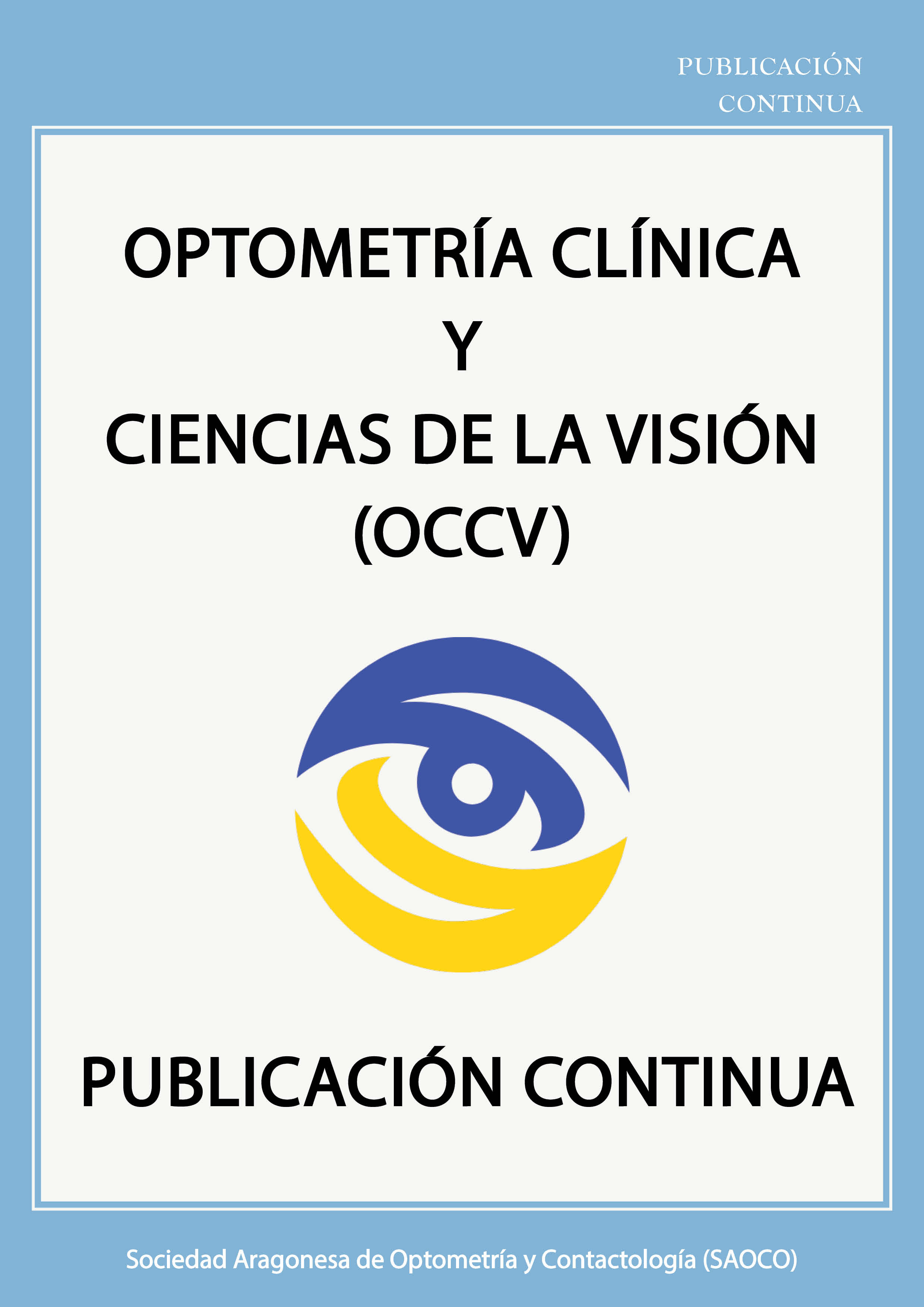Brillouin Microscopy
DOI:
https://doi.org/10.71413/ew8xm670Keywords:
Corneal biomechanics, Brillouin microscopy, KeratoconusAbstract
Relevance
Brillouin microscopy represents a major advance in the investigation of corneal biomechanics, enabling three-dimensional, non-invasive assessment of tissue viscoelasticity and showing considerable potential for diagnostic applications.
Abstract
The study of corneal biomechanics enables the detection of structural alterations in the cornea, facilitating the diagnosis of pathologies such as keratoconus and other ectatic disorders. Forced-applanation techniques are widely used; however, they do not allow for the direct assessment of tissue elasticity. The recent development of Brillouin microscopy (BM) provides a means to estimate the viscoelastic properties of corneal tissue by detecting frequency shifts in light as it traverses the cornea, thereby generating a three-dimensional, non-contact map of the entire structure.
Beyond its application in ectasia detection, this technology has also been investigated for the diagnosis of corneal dystrophies and the evaluation of post-refractive surgical outcomes. Nevertheless, variations in measurement accuracy due to corneal hydration status, as well as the time required for data acquisition, remain key limitations. A multimodal approach combining optical coherence tomography with BM appears to represent a promising direction for future research in corneal biomechanics.
The aim of this literature review is to provide a comprehensive overview of the main applications of this technique in the fields of ophthalmology and clinical optometry. A total of 681 studies were initially identified, of which 211 documents published within the last five years were selected: 183 original research articles, 27 narrative reviews, and 1 systematic review. The databases consulted included Cochrane, Scopus, PubMed, Dialnet, SciELO, and Web of Science. Search strategies employed keywords such as “Brillouin microscopy,” “Brillouin spectroscopy,” “corneal biomechanics,” “mechanical anisotropy,” and “corneal cross-linking.” Ultimately, 24 of the selected articles were analyzed in detail, covering the most relevant aspects for the preparation of this paper.
References
Loveless BA, Moin KA, Hoopes PC, et al. The Utilization of Brillouin Microscopy in Corneal Diagnostics: A Systematic Review. Cureus. 2024 Jul 30. DOI: https://doi.org/10.7759/cureus.65769
Zhang PP, Zhang XY, Li XF, et al. Analyzing corneal biomechanical response in orthokeratology with differing back optic zone diameter: A comparative finite element study. Contact Lens and Anterior Eye. 2025 Jul 1 [cited 2025 Jun 23];48(4). DOI: https://doi.org/10.1016/j.clae.2025.102401
Lan G, Twa MD, Song C, et al. In vivo corneal elastography: A topical review of challenges and opportunities. Comput Struct Biotechnol J. 2023 Jan 1; 21:2664. DOI: https://doi.org/10.1016/j.csbj.2023.04.009
Ramirez-Miranda A, Mangwani-Mordani S, Arteaga-Rivera JY, et al. Importance and use of corneal biomechanics and its diagnostic utility. Cirugia y Cirujanos. 2023 Nov 1;91(6):848–57. DOI: https://doi.org/10.24875/CIRU.23000260
Han SB, Liu YC, Mohamed-Noriega K, et al. Advances in Imaging Technology of Anterior Segment of the Eye. J Ophthalmol. 2021. DOI: https://doi.org/10.1155/2021/9539765
Kabakova I, Zhang J, Xiang Y, et al. Brillouin microscopy. Nature Reviews Methods Primers. 2024 Dec 1;4(1). DOI: https://doi.org/10.1038/s43586-023-00286-z
Zhang H, Asroui L, Randleman JB, et al. Motion-tracking Brillouin microscopy for in-vivo corneal biomechanics mapping. Biomed Opt Express. 2022 Dec 1;13(12):6196. DOI: https://doi.org/10.1364/BOE.472053
Nair A, Ambekar YS, Zevallos-Delgado C, et al. Multiple Optical Elastography Techniques Reveal the Regulation of Corneal Stiffness by Collagen XII. Invest Ophthalmol Vis Sci. 2022 Nov 1 ;63(12):24. DOI: https://doi.org/10.1167/iovs.63.12.24
Esporcatte LPG, Salomão MQ, Lopes BT, et al. Biomechanical diagnostics of the cornea. Eye and Vision. 2020 Dec 1;7(1):1–12. DOI: https://doi.org/10.1186/s40662-020-0174-x
Zhang H, Asroui L, Tarib I, et al. Motion-Tracking Brillouin Microscopy Evaluation of Normal, Keratoconic, and Post–Laser Vision Correction Corneas. Am J Ophthalmol. 2023 Oct 1; 254:128–40. DOI: https://doi.org/10.1016/j.ajo.2023.03.018
Randleman JB, Zhang H, Asroui L, et al. Subclinical Keratoconus Detection and Characterization Using Motion-Tracking Brillouin Microscopy. Ophthalmology. 2024 Mar 1;131(3):310–21. DOI: https://doi.org/10.1016/j.ophtha.2023.10.011
Seiler TG, Geerling G. Brillouin Spectroscopy in Ophthalmology. Klin Monbl Augenheilkd. 2023 Mar 8; 240(6):779–82. DOI: https://doi.org/10.1055/a-2085-5738
Iriarte-Valdez CA, Wenzel J, Baron E, et al. Assessing UVA and Laser-Induced Crosslinking via Brillouin Microscopy. J Biophotonics. 2025 May 1. DOI: https://doi.org/10.22541/au.172621109.99640604/v1
Zhang H, Roozbahani M, Piccinini AL, et al. Depth-dependent analysis of corneal cross-linking performed over or under the LASIK flap by Brillouin microscopy. J Cataract Refract Surg. 2020 Nov 1; 46(11):1543. DOI: https://doi.org/10.1097/j.jcrs.0000000000000294
Webb JN, Zhang H, Roy AS, et al. Detecting mechanical anisotropy of the cornea using brillouin microscopy. Transl Vis Sci Technol. 2020; 9(7):1–11. DOI: https://doi.org/10.1167/tvst.9.7.26
Heisterkamp A, Wenzel J, Iriarte C, et al. Techniques for In Vivo Assessment of Corneal Biomechanics: Brillouin Spectroscopy and Hydration State - Quo Vadis? Klin Monbl Augenheilkd. 2022 Dec 9; 239(12):1427–32. DOI: https://doi.org/10.1055/a-1926-5249
Lopes BT, Elsheikh A. In Vivo Corneal Stiffness Mapping by the Stress-Strain Index Maps and Brillouin Microscopy. Vol. 48, Current Eye Research. Taylor and Francis Ltd.; 2023. p. 114–20. DOI: https://doi.org/10.1080/02713683.2022.2081979
Eltony AM, Shao P, Yun SH. Measuring mechanical anisotropy of the cornea with Brillouin microscopy. Nat Commun. 2022 Dec 1; 13(1). DOI: https://doi.org/10.1038/s41467-022-29038-5
Komninou MA, Seiler TG, Enzmann V. Corneal biomechanics and diagnostics: a review. Int Ophthalmol. 2024 Dec 1; 44(1):132. DOI: https://doi.org/10.1007/s10792-024-03057-1
Eltony AM, Clouser F, Shao P, et al. Brillouin Microscopy Visualizes Centralized Corneal Edema in Fuchs Endothelial Dystrophy. Cornea. 2020 Feb 1;39(2):168–71. DOI: https://doi.org/10.1097/ICO.0000000000002191
Ma Y, Cao J, Yu Y, et al. A Brillouin microscopy analysis of the crystalline lenses of Chinese adults with myopia. Graefe’s Archive for Clinical and Experimental Ophthalmology. 2024 Oct 1; 262(10). DOI: https://doi.org/10.1007/s00417-024-06510-0
Ma Y, Cao J, Yu Y, et al. Brillouin assessment of the crystalline lens in patients with high myopia after long-term implantable collamer lens V4c implantation. Acta Ophthalmol. 2024. DOI: https://doi.org/10.1111/aos.17435
Ambekar YS, Singh M, Scarcelli G, et al. Characterization of retinal biomechanical properties using Brillouin microscopy. J Biomed Opt. 2020 Sep 26; 25(9):090502. DOI: https://doi.org/10.1117/1.JBO.25.9.090502
Vinciguerra R, Palladino S, Herber R, et al. The KERATO Biomechanics Study 1: A Comparative Evaluation Using Brillouin Microscopy and Dynamic Scheimpflug Imaging. Journal of Refractive Surgery. 2024 Aug 1; 40(8): e569–78. DOI: https://doi.org/10.3928/1081597X-20240701-02
Additional Files
Published
Issue
Section
Categories
License
Copyright (c) 2025 María Ángeles Giménez Gimeno, Laura Trivez Valiente, Dra. Galadriel Giménez Calvo (Autor/a)

This work is licensed under a Creative Commons Attribution-NonCommercial 4.0 International License.



